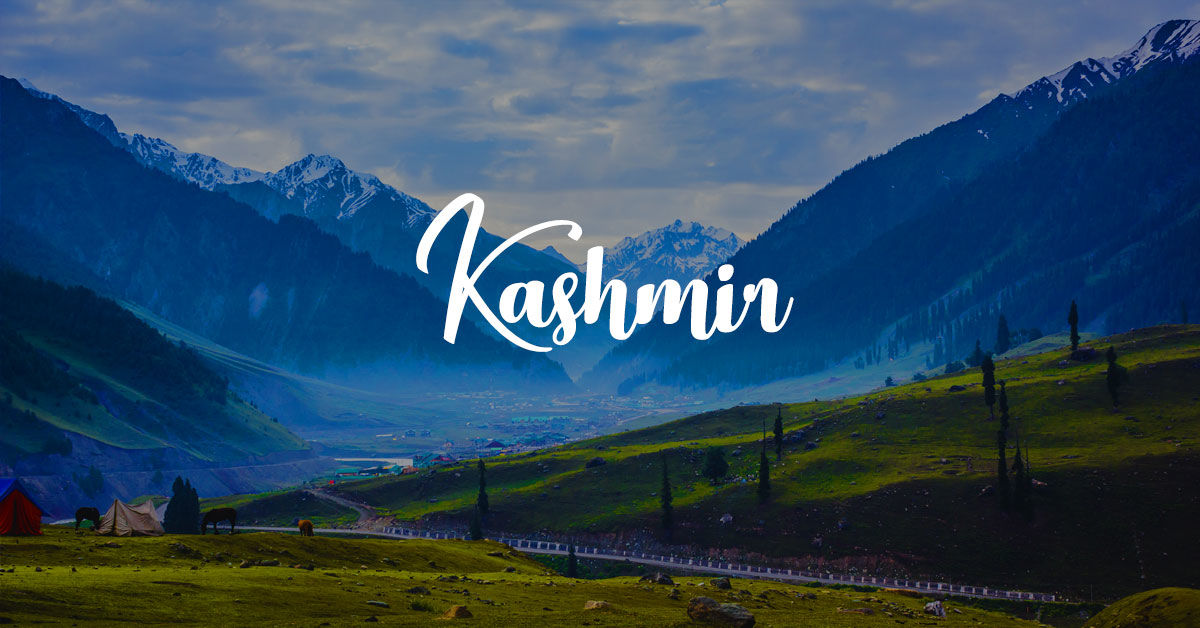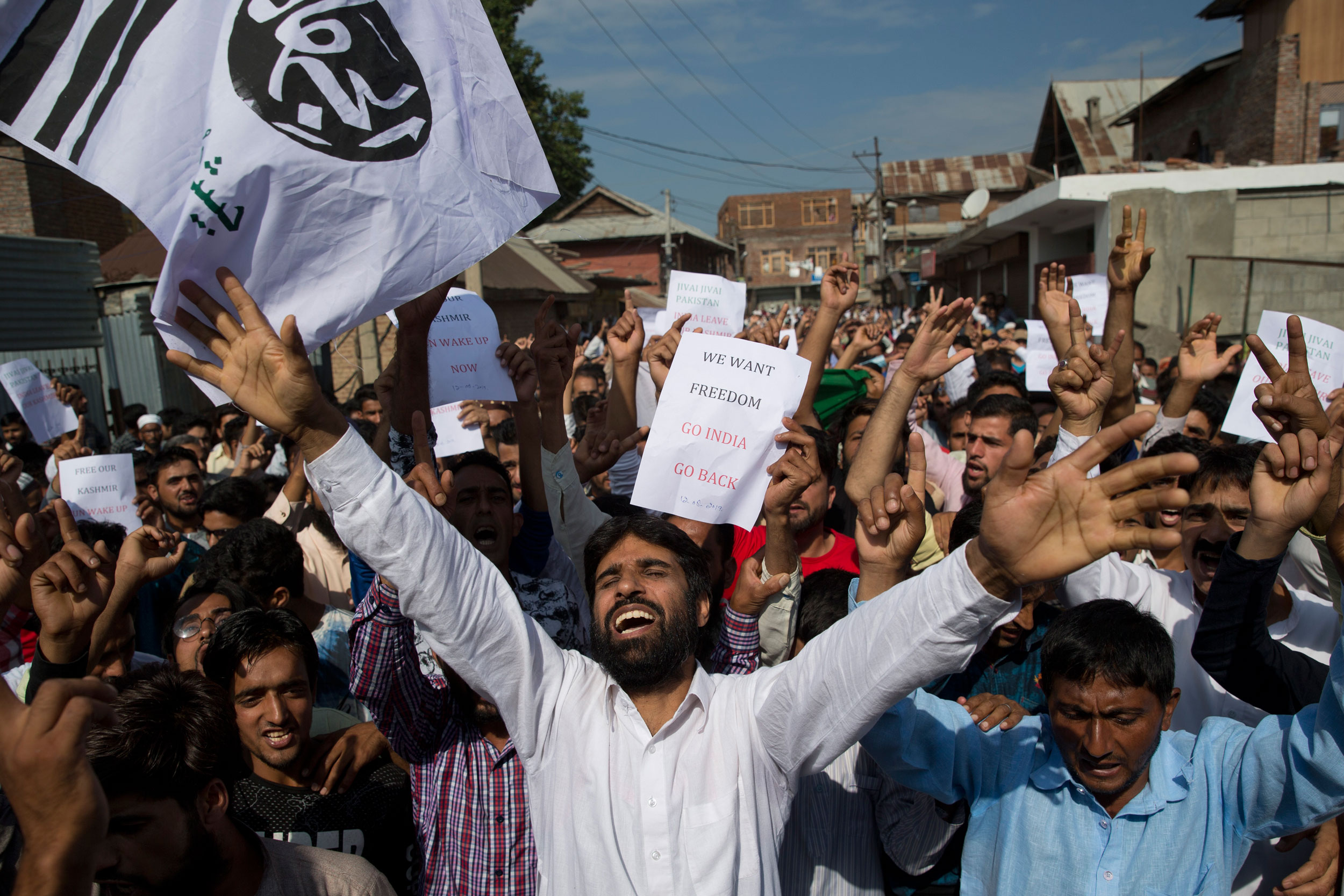Kashmir
Kashmir is a region located in the northern part of the Indian subcontinent, governed by India as a federal territory. It is known for its natural beauty and is often referred to as "Heaven on Earth." Historically, the region has been a source of conflict between India and Pakistan, both of which claim it as their own.

The conflict in Kashmir dates back to 1947, when India gained independence from Britain and was divided into two countries: India and Pakistan. The region of Kashmir was split between the two countries, with the majority of it becoming a part of India and a smaller part going to Pakistan.
In the years following independence, tensions have risen between India and Pakistan over the control of Kashmir. Several wars have been fought over the region, including the Indo-Pakistan War of 1947, the Indo-Pakistan War of 1965, and the Kargil War of 1999. In recent years, the conflict has taken the form of an insurgency in Indian-administered Kashmir, with militants seeking independence or a merger with Pakistan.
 |
The Indian government has responded to the insurgency with a heavy military presence and strict control over the region, including the use of curfew, crackdowns on protests, and restrictions on communication and the press. This has led to widespread human rights violations, including extrajudicial killings, torture, and forced disappearances.
History
For a pre-19th century history of the region, see History of Kashmir, Gilgit-Baltistan, and Ladakh. In the first half of the first millenium, the region was an important center for Hinduism and Buddhism. From the 7th to 14th centuries, it was ruled by Hindu dynasties and the rise of Kashmir Shaivism. In 1339, Shah Mir became the first Muslim ruler and founded the Salatin-i-Kashmir dynasty. The region was part of the Mughal Empire (1586-1751) and then the Afghan Durrani Empire (until 1820).
Current Political Status
India controls half of the former princely state of Jammu and Kashmir, which includes Jammu, Kashmir, and Ladakh. These areas are administered as union territories. Pakistan controls a third of the region, divided into two provinces: Azad Kashmir and Gilgit-Baltistan. Before the division of India and Pakistan in 1947, Kashmir had a clear Muslim majority. However, political developments led to a division of the region, with Pakistan being left with sparsely populated, underdeveloped, and mostly Muslim territory. India controls the majority of the Valley of Kashmir, where the largest Muslim group resides, but the area is cut off from Pakistan via the blocked Jhelum valley route.





0 Comments